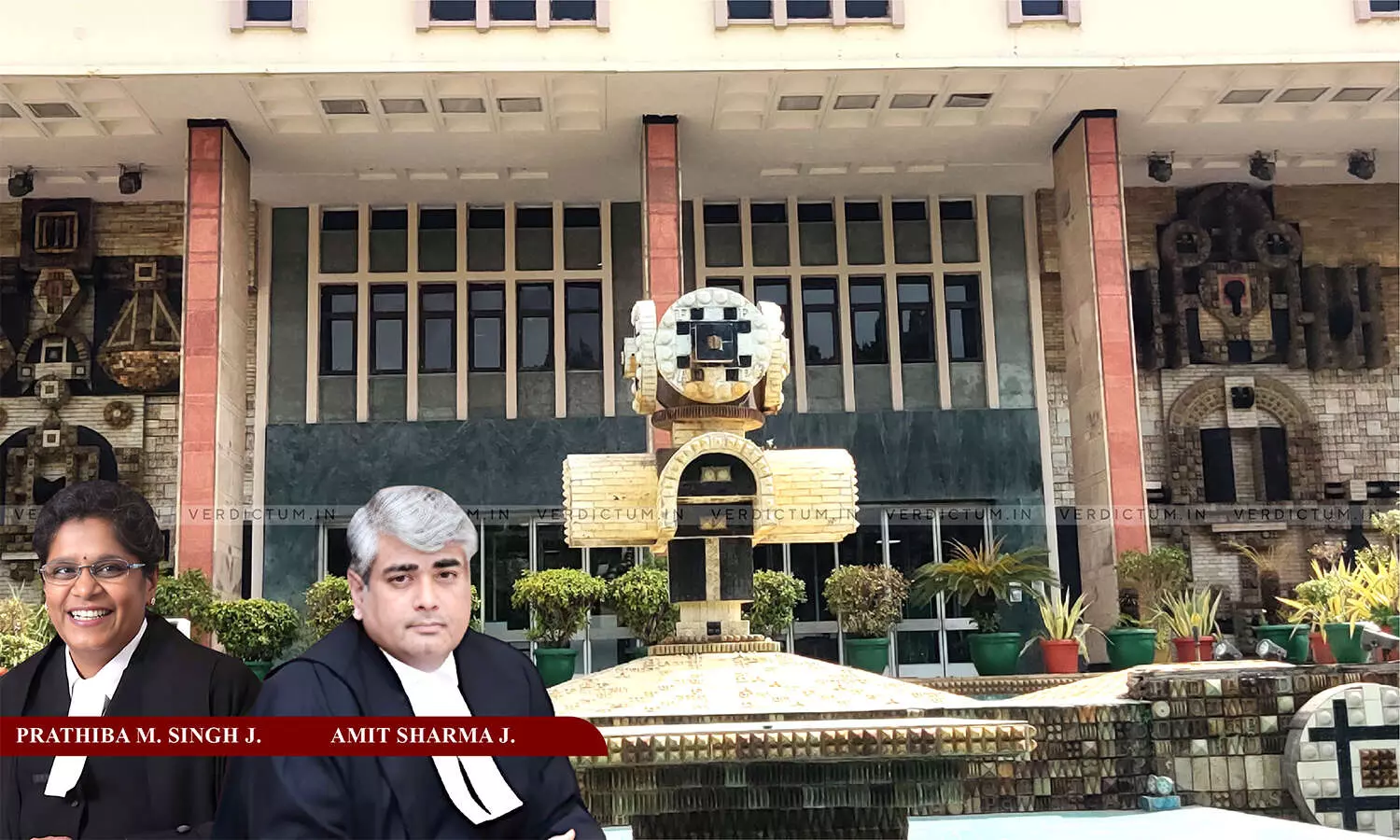
Delhi HC Directs Police To Collaborate With Social Media Platforms To Create Handbook For Emergency Information Requests
 |
|The Delhi High Court has instructed the Delhi Police to collaborate with social media platforms such as Meta and Google to create a handbook outlining how law enforcement can request and quickly obtain information from these platforms during emergencies and criminal investigations.
This directive was issued in response to challenges faced by the police in efficiently accessing crucial data from social media companies during investigations, particularly in cases involving missing persons or urgent criminal matters.
A Division Bench of Justice Prathiba M Singh and Justice Amit Sharma observed, "In a large number of cases, Investigation Officers (IOs) may not be fully aware of the manner in which information can be obtained from the various platforms and sometimes precious time is lost. Accordingly, insofar as the Delhi Police is concerned, the matter may be escalated to the Commissioner of Police at the Delhi Police Headquarters (PHQ) for coordinating with the platforms and for taking steps towards preparation of a handbook that may be utilised and disseminated to all police stations, who may need urgent information from these platforms,”
To address this issue, the Court recommended that the Delhi Police Commissioner escalate the matter to the Delhi Police Headquarters (PHQ) and coordinate with the social media platforms. The goal was to prepare a comprehensive handbook that would be distributed to all police stations, detailing how to make information requests and listing the nodal officers assigned by the platforms. The Court further suggested, “In case any training is required, the Commissioner of Police may also call for meeting with the platforms and hold training sessions for Police Officials, so that, in serious cases there is proper cooperation, collaboration and timely furnishing of information by the platforms to avert the commission of crime or to obtain information which may be required during the course of any investigation,"
This order was issued in the context of a habeas corpus petition filed by the parents of a missing boy. The Delhi Police had informed the Court that, after receiving a tip-off, it had reached out to Meta to provide information about the missing boy’s Instagram account, phone number, location, and device details, but Meta had not responded. The Court had previously issued notice to Meta and sought its cooperation. At that time, the Court had noted the often significant delay between the police’s request for information and the response from social media platforms, particularly in emergency situations such as missing persons cases or hoax bomb threats.
In an effort to bridge this delay, the Court had previously directed major social media platforms to submit their standard operating procedures (SOPs) for handling information requests from law enforcement. In response, platforms including Google, Meta, WhatsApp, Telegram, and Reddit provided their SOPs, outlining the procedures and timelines for responding to such requests.
The Court acknowledged, “As on today, the current status is that most of the platforms are unanimous on the position that when there are emergency requests made by Law Enforcement Agencies, the deadline of 72 hours, which is prescribed in the Rule 3(1)(j) of the Information Technology (Intermediary Guidelines and Digital Media Ethics Code) Rules, 2021, is merely treated as a maximum time and in most case of emergencies, the same are dealt with and information is provided as quickly as possible,”
The Court was also informed that despite the efforts of the Delhi Police, the missing boy had not yet been located. As a result, the investigation was transferred to the Anti-Human Trafficking Unit (AHTU) for further action. The case is scheduled to be heard again on December 11.
Cause Title: Shabana v. Govt. of NCT Of Delhi & Ors., [2024:DHC:8835-DB]
Appearance:
Petitioner: Advocates Fozia Rahman, Sikander A. Siddiqui, Aafreen, Kartikay Dixit
Respondents: Standing Counsel Sanjay Lao, assisted by Advocate Priyam Aggarwal, Abhinav Kumar Arya, CGSC Anurag Ahluwalia, Advocates Tarveen Singh Nanda, Hridyanshi Sharma, Senior Advocates Arvind Datar, Kapil Sibal, and Raj Shekhar Rao, along with other Advocates Pragya Jain, Alipak Banerjee, Sreeja Sengupta, Brijesh Ujjainwal, Naveen Kumar Raheja and Anant Vijay Singh